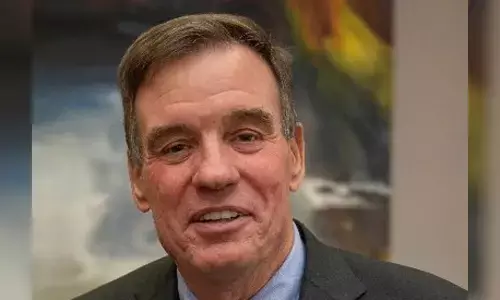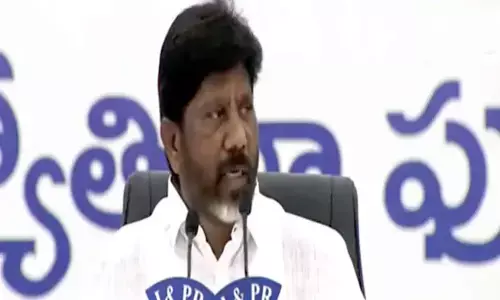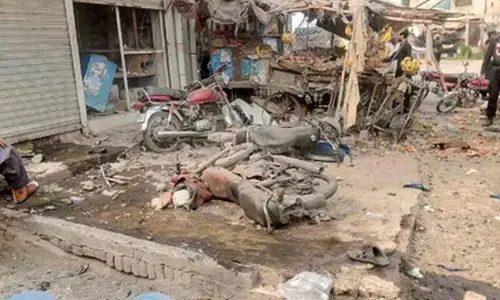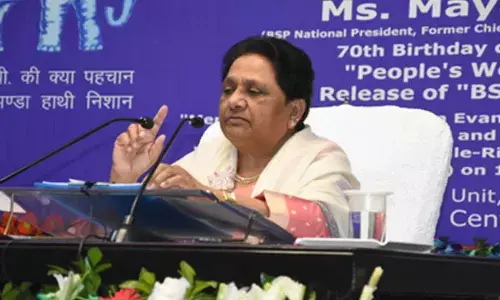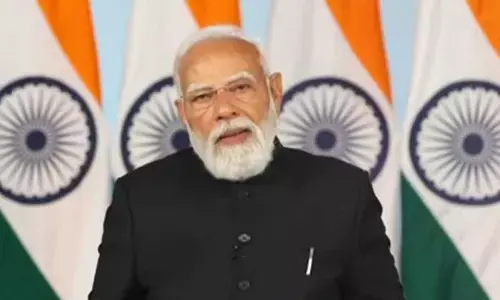Budget 2021: Focusing on health management
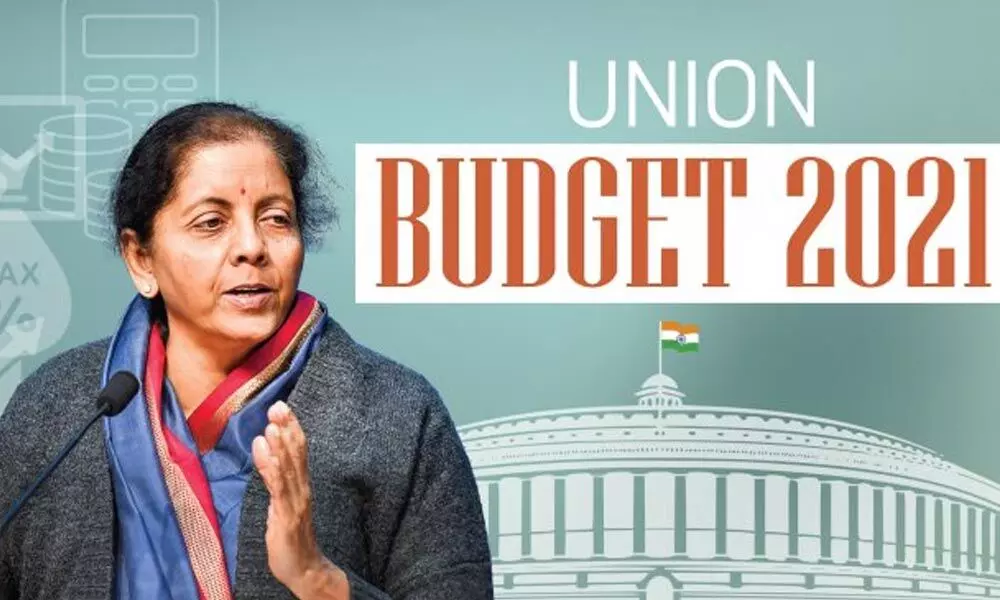
Budget 2021
The United Nations General Assembly explicitly recognised the human right to water and sanitation and acknowledged that clean drinking water and sanitation are essential to the realisation of all human rights
The United Nations General Assembly explicitly recognised the human right to water and sanitation and acknowledged that clean drinking water and sanitation are essential to the realisation of all human rights. Its Resolution calls upon States and international organisations to provide financial resources, help capacity-building and technology transfer to help countries, in particular, developing countries, to provide safe, clean, accessible and affordable drinking water and sanitation for all. In November 2002, the Committee on Economic, Social and Cultural Rights adopted General Comment No. 15 on the right to water.
Article I.1 states that "The human right to water is indispensable for leading a life in human dignity. It is a prerequisite for the realization of other human rights". Comment No. 15 also defined the right to water as the right of everyone to sufficient, safe, acceptable and physically accessible and affordable water for personal and domestic uses. Health and wellbeing have found sharp focus and central positioning in the Union Budget 2021-22 presented in Parliament today by the Union Minister for Finance & Corporate Affairs Nirmala Sitharaman. They form the basis of Atma Nirbhar Bharat.
There is a steep increase of 137 percent in the Budget outlay for health and wellbeing. Noting that the World Health Organisation has repeatedly stressed the importance of clean water, sanitation, and clean environment, as a prerequisite to achieving universal health, the Budget has made significant allocation to these sectors. The Urban Swachh Bharat Mission 2.0 will be implemented with a total financial allocation of Rs1,41,678 crore over a period of five years from 2021-26.
The main interventions envisaged under the scheme are: complete faecal sludge management and waste water treatment, source segregation of garbage, reduction in a single-use plastic, reduction in air pollution by effectively managing waste from construction and demolition activities and bioremediation of all legacy dump sites. Government records show that in 1980, just 1 per cent of India's rural areas had access to safe, usable water. By 2013, that had increased to 30 per cent, but the majority of rural India continues to live without proper access to safe drinking water.
An estimated 76 million people in India have no access to a safe water supply, and the situation is only getting more serious. The Asian Development Bank has forecast that by 2030, India will have a water deficit of 50 per cent. The Union Ministry of Water Resources has estimated the country's current water requirements to be around 1100 billion cubic metres per year, which is estimated to be around 1200 billion cubic metres for the year 2025 and 1447 billion cubic metres for the year 2050. Ironically, ours is not a water scarce country.
Along with having major rivers, we receive an average annual rainfall of 1170 millimetres. But lack of sensitisation with regard to both conservation of water and pollution of water sources has resulted in a large part of the population for whom water has become more of a curse than a boon. Infrastructure for storage of water must be developed properly to ensure that people have access to safe water across the country. Better late than never. The government has at least woken up now.








